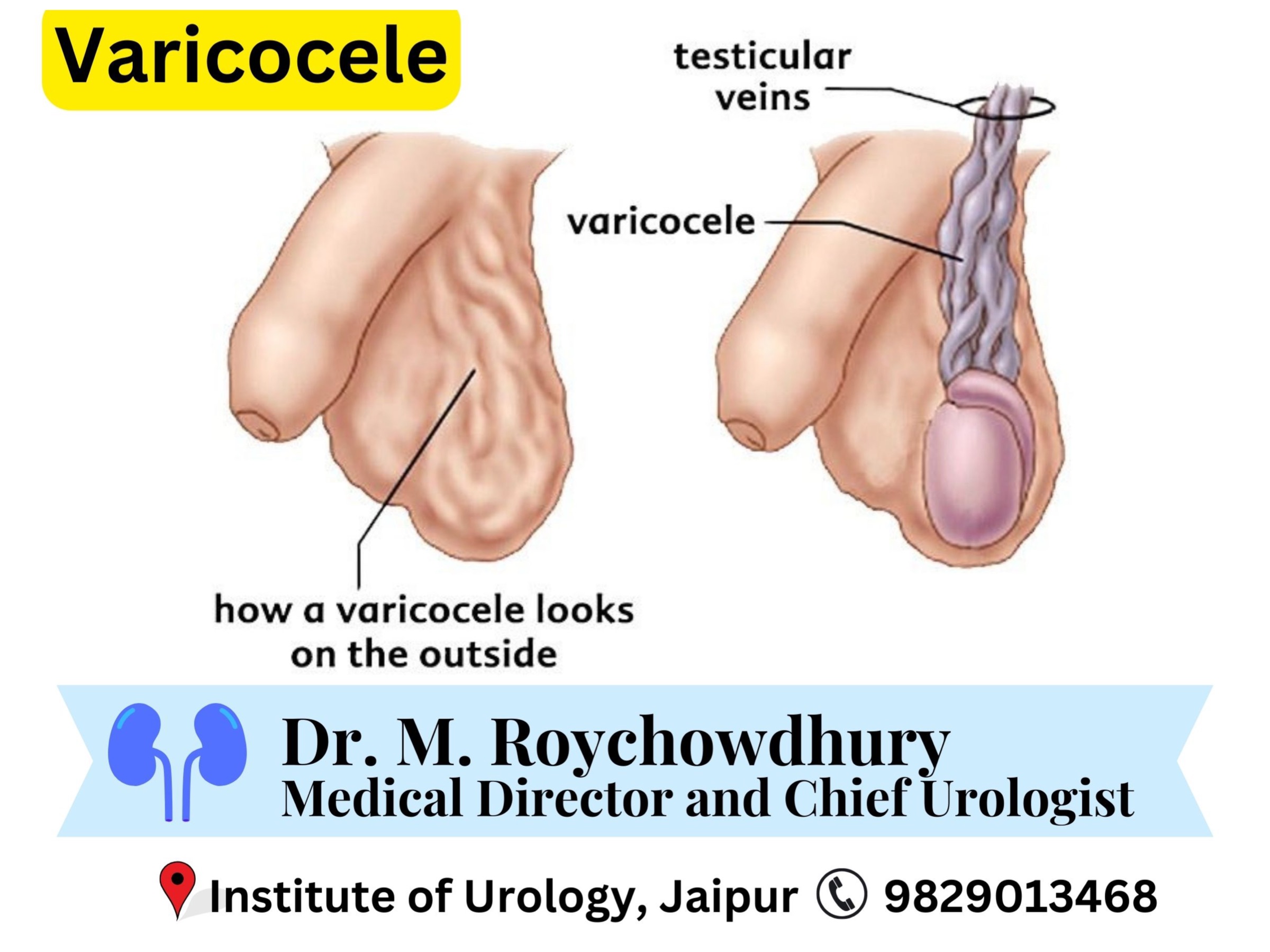Hello everyone, today we will talk about a cancer of the urinary tract that affects around 2 out of 1 lakh males and 1 out of 1 lakh females in India. Did you know kidney cancer is the most common cancer in children below the age of 5 years. Kidney Cancer or Tumour can be Benign (non cancerous) or it can be malignant (cancerous).

Another very interesting fact is, 1 out of 4 renal cancers are benign. Small sized masses of renal cancer are more likely to be benign whereas large sized masses have a higher change of being malignant. Also, these masses can be solid or cystic. Most cystic masses are again benign.
Kidney cancers can be diagnosed early because of advanced testing facilities like we have in our hospital.
What are the Risk Factors for Developing Kidney Cancer
- Smoking – This is the main risk factor for kidney cancer. Smoking in males has a higher risk of developing cancer as compared to smoking in females. In fact, smoking is also recognised as leading cause for causing urinary bladder cancer.
- Alcohol Abuse – Consumption of unrestricted amounts of alcohol also raises the risk of kidney tumours.
- Family History of High Blood Pressure – blood relatives with a history of high blood pressure puts one at a higher risk of getting renal cancer. In fact, even patients with high blood pressure have a higher chance of developing renal cancer compared to normal population.
- Radiation Therapy In Women – women who are treated with radiation therapy for cancers of reproductive organs have a slightly higher chance of developing renal cancer.
- Hereditary – Von-Hippel-Lindau syndrome, Birt-Hogg-Dube syndrome, Tuberous sclerosis complex, Hereditary papillary renal cell carcinoma and Familial renal cancer are some of the hereditary syndromes or disorders which puts a patient at a higher risk of getting renal cancer.
- Being on Kidney DIalysis for a long time
- Exposure to Chlorinated Chemicals.
- Obesity, Poor dietary habits.
How Serious is Kidney Cancer?
We need to understand the difference between benign and malignant. As mentioned in the 1st paragraph, Kidney tumours can be either of the two. When benign, and diagnosed early, the patient has a very good prognosis and can be disease free with good treatment. However, even when a tumour is benign and not treated properly, it can develop complications.
Malignant tumours are notorious for spreading to other organs. The most common type of renal cancer is Renal Cell Carcinoma which again has a high chance of spreading through blood vessels. Malignant tumours call for a more intensive treatment and the patient is more likely to receive a long treatment.
What Are the Types of Renal Cancer?
Broadly, let us divide cancers in benign and malignant and then talk about them.
Types of Benign Kidney Tumours –
- Renal Adenoma – These are low grade, small sized, solid growth in the kidney. These are usually treatable easily when detected early. Also, these are the most common type of benign renal tumours.
- Renal Oncocytoma – these are benign tumours that have the ability to grow quite large in size. Such tumours can arise from other parts of the body too. These are usually asymptomatic.
- Angiomyolipoma – This is a rare condition caused by genetic mutation, and is associated with Tuberous Sclerosis. Here, patient gets multiple tumours in skin, kidneys, brain and in other organs as well.
- Fibroma – These are the tumours of fibrous tissues associated with the kidney. Fibromas are seen more commonly in women as compared to men.
- Lipoma – These arise from the fat cells near the kidney capsule. Lipomas are again rare, but when seen are usually in middle aged women.
Types of Malignant Kidney Tumours –
- Renal Cell Carcinoma (RCC) – 85% if kidney cancers belong to this category. These arise from the small renal tubules. It can arise as a single tumour in one kidney. Or it can arise as two or more tumours in the same kidney. Ultimately it can affect both the kidneys. The most common RCC is Clear Cell Type of RCC.
- Transitional Cell Cancer – Transitional Cell Cancer usually begins in the Renal Pelvis area where the ureter connects with the kidney. This type of cancer is most commonly seen in Urinary Bladder, but in kidney, this accounts for around 6-7% of diagnosed cases of kidney cancer.
- Renal Sarcoma – This arises from the connective tissues of the kidney. This can easily spread to nearby organs. Also, this is the least common form of kidney cancer accounting for 1% of the total cases of kidney cancers.
- Wilms Tumour – This is a form of kidney cancers typically seen in children under the age of 5 years. It begins as a lump and is often noticed by caretakers. Wilms tumour accounts for 5% of total childhood cancer cases.
What are the Signs & Symptoms of Kidney Cancer?
- Blood in Urine or Hematuria – is the most common symptom of kidney cancer.
- Flank Pain or Lower back pain on one side which is not due to any preceding injury.
- Feeling a Lump or Mass in the area where kidney is located.
- Tiredness and Fatigue.
- Loss of Appetite
- Significant weight loss
- Fever that unusually lasts for a long time.
- Bone Pain
- Anemia
- High Calcium or Hypercalcemia
Please remember these symptoms are attributed of Kidney Cancers but are not exclusive to them. For example, Blood in Urine can be caused due to a Urinary Tract Infection or a stone in the urinary passage. Similarly, flank pain is commonly caused due to stone in the kidney or ureter. Therefore, one must be watchful and whenever such symptoms are experienced, one must visit a good urologist as soon as possible and get an evaluation done.
At Institute of Urology, Jaipur we have a team of the best urologists with an experience of over 25 years. For any additional queries, you can give us a call on 9829013468 or you can call Dr. Rajan Bansal directly on 8601539297 . Direct consultation is only available at out hospital Institute of Urology, C Scheme, Jaipur.







